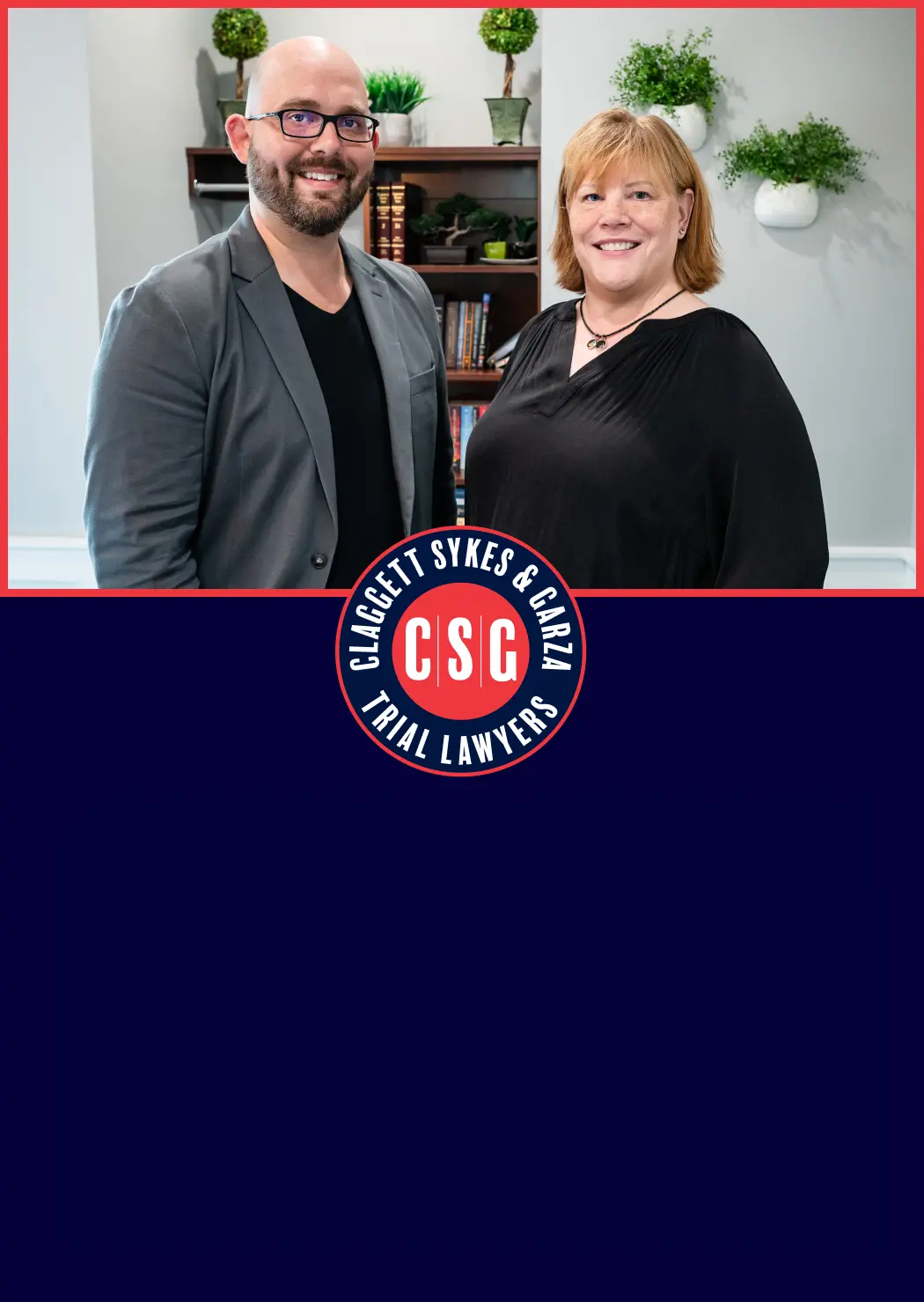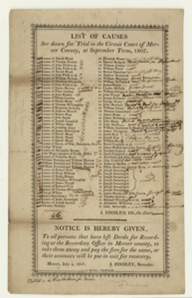Product defects play a role in many kinds of accidents. Some are clear, such as when a kitchen appliance explodes or a cell phone catches fire. Others are less obvious: faulty brakes might contribute to bicycle accident, a defective contact lens might cause an infection, or a new carpet might emit a toxin that leads to respiratory illness years later.
People who have suffered injury, illness, or property damage because of a defective product could bring a claim for damages with a Windsor personal injury lawyer. Depending on the particular circumstances, liability may attach to the product designer, manufacturer, distributor, retailer, or some combination of these. A Windsor product liability lawyer could work with you to determine the best way to proceed in securing financial relief.
How Does Strict Liability Work?
The law requires that any product in the stream of commerce be safe if used as directed and for its intended purpose. Any merchant involved in the chain of distribution might be held liable for any defect in the product. It is not necessary to show that the merchant was negligent, only that the product was defective, and the defect caused an injury.
Design Defects
Products are defective if their design renders them unreasonably dangerous. It does not matter if the manufacturer knew of the defect before putting the product on the market; it is enough for the plaintiff to show that its faulty design caused the injury.
Manufacturing Defects
Manufacturing errors can render a product defective and lead to liability if the defect causes harm. A successful plaintiff must prove that something went awry in the manufacturing process that caused the product to fail. In this scenario, the design itself was not at the heart of the problem.
Labeling Defects
Products are defective if their instructions, warnings, or labels are inadequate to communicate to the consumer how to use the product safely. Connecticut General Statutes §52-572q states that a plaintiff must show that they would not have suffered their injury if the warnings or instructions had been adequate. A South Windsor product liability attorney could provide clarification on whether a label was accurate or not.

Get the Compensation You Deserve. Our Experienced Lawyers Can Help.
Statute of Limitations
Anyone who wishes to bring a lawsuit seeking damages for personal injuries must do so within two years of the date of their injury. Some injuries are not immediately apparent, and in those cases the plaintiff has three years from the date they either discovered the injury or would have discovered it with the exercise of reasonable diligence. There are certain instances where notice must be filed with a tortfeasor in as little as 90 days.
Usually, a plaintiff will be barred from suing for damages if ten years have passed since the product left the manufacturer’s possession. However, a suit may go forward if the plaintiff can prove that the injury occurred during the product’s useful, safe life.
Defendants typically present a vigorous defense to products liability claims. A plaintiff’s attorney must collect evidence from specialists and experts to support any claim that a product was defective in its design, manufacture, or labeling. Amassing the evidence and preparing a strong case are time-consuming endeavors, so a potential plaintiff is well-advised to secure legal representation from a local dangerous products lawyer to preserve their right to sue.
Retain a Windsor Product Liability Attorney to Make Your Case
Product liability cases are complicated to pursue. They could involve multiple defendants and almost always require the testimony of experts to support the claim that a product was defective. You need a strong advocate to pursue the evidence and secure a damages award. A South Windsor products liability lawyer could be your advocate in this complex process. Reach out to schedule a case evaluation today.

